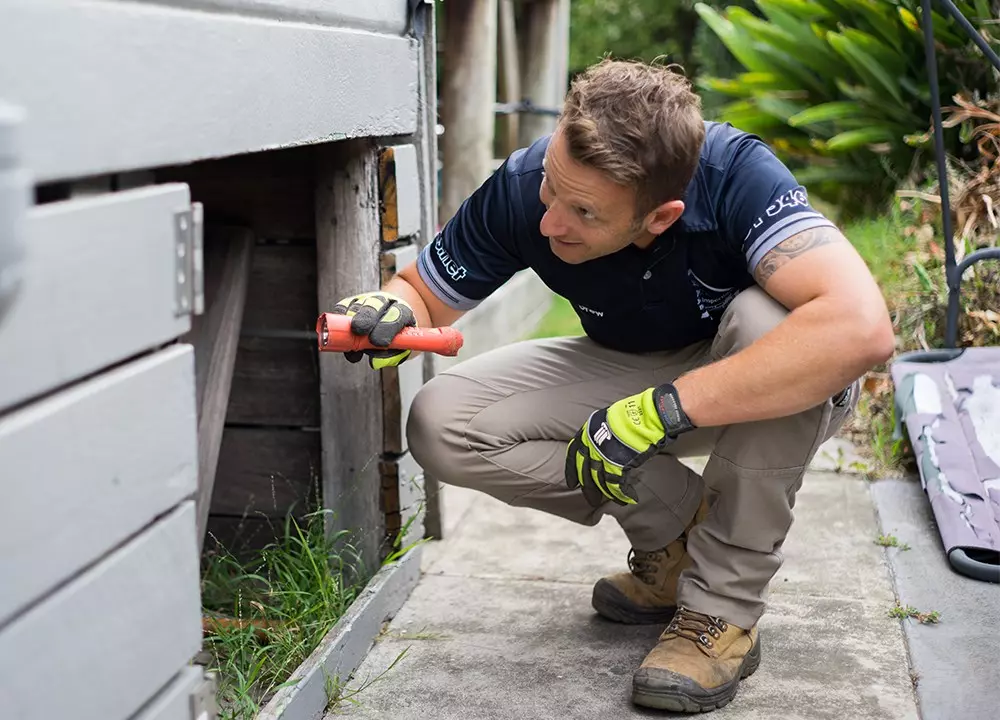What is a Building Inspection?

Building Inspection: A Must-Have for Every Real Estate Buyer and Investor
Whether you are a first-time homebuyer or a seasoned real estate investor, a building inspection is an essential step in the purchasing process. This crucial inspection provides a comprehensive evaluation of a property's condition, offering insights into potential repairs, maintenance, and safety concerns. In this blog post, we will delve into the significance of a building inspection and discuss the various aspects it covers.
A building inspection entails a thorough examination of a property, examining its roof, structure, exterior, interior, grounds, mechanical systems, electrical wiring, plumbing, and HVAC (heating, ventilation, and air conditioning). It is typically conducted by a certified and experienced building inspector who can identify any existing or potential issues that may affect the property's value or safety.
One of the primary areas inspected during a building inspection is the roof. The inspector carefully evaluates the roof's condition, looking for any signs of damage, such as missing shingles, leaks, or weakened areas. Additionally, they examine the gutters, downspouts, and chimneys to ensure they are in good working order. A thorough inspection of the roof is crucial in determining its lifespan and any necessary repairs or replacements.
The structure of a property is another vital aspect examined during the inspection. The inspector assesses the foundation, walls, floors, and ceilings to identify any cracks, movement, or structural deficiencies. This evaluation is crucial in ensuring the property is structurally sound and safe for occupancy.
Moving on to the exterior of the property, the inspector inspects the siding, windows, doors, and any attached structures such as decks or patios. They look for signs of deterioration, rot, or damage that may require repair or replacement. Additionally, the inspector examines the grading and drainage of the property to ensure water does not accumulate or flow towards the foundation, which can lead to water damage or flooding.
Inside the property, the building inspector evaluates the condition of the interior components. This includes inspecting walls, ceilings, floors, stairs, and railings for any signs of damage or hazards. They also examine the windows, doors, and insulation to ensure energy efficiency and proper installation.
The grounds surrounding the property are not overlooked during a building inspection. The inspector assesses the landscaping, driveways, walkways, fences, and any other outdoor features. They inspect for any safety concerns, potential drainage issues, or areas that may require maintenance or repair.
Mechanical systems play a crucial role in the functioning of a property. The building inspector examines the HVAC system, including the furnace, air conditioning unit, and ventilation. They check for proper operation, maintenance, and potential repairs or replacements. The electrical system is also evaluated to ensure it is up to code, with no faulty wiring or safety hazards present. Additionally, the plumbing system is thoroughly inspected for leaks, adequate water pressure, and proper drainage.
By conducting a building inspection, buyers and investors gain a comprehensive understanding of the property's current condition and potential future expenses. Armed with this information, they can make informed decisions, negotiate repairs or credits, and budget for any necessary improvements. It provides peace of mind and ensures that the investment is worthwhile.
A building inspection is an indispensable part of the real estate buying and investing process. It covers a wide range of aspects, including the roof, structure, exterior, interior, grounds, mechanical systems, electrical, plumbing, and HVAC. By thoroughly examining these areas, the building inspector identifies any existing or potential issues, allowing buyers and investors to make informed decisions and plan for necessary repairs or improvements. So, whether you are a first-time buyer or a seasoned investor, don't underestimate the importance of a building inspection; it is a valuable tool that protects your investment and ensures a smooth real estate transaction.
Categories
Recent Posts











